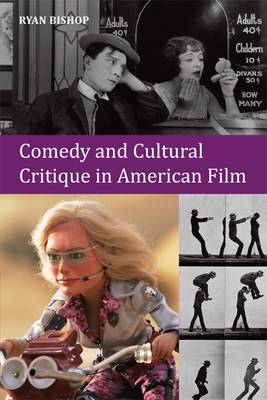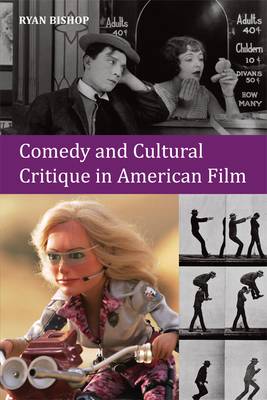
- Retrait gratuit dans votre magasin Club
- 7.000.000 titres dans notre catalogue
- Payer en toute sécurité
- Toujours un magasin près de chez vous
- Retrait gratuit dans votre magasin Club
- 7.000.000 titres dans notre catalogue
- Payer en toute sécurité
- Toujours un magasin près de chez vous
40,95 €
+ 81 points
Format
Description
This book uses large scale social and cultural trends and major world events to analyse the American comedy film. This is a historical and conceptual study discussing the comedy narrative, comic traditions, and role of visual culture.
Grounded in the theoretical writing of Jean Baudrillard, Paul Virilio, Friedrich Kittler and Jacques Derrida, Bishop brings a new perspective to comedy in film suggesting that it is central to staging cultural criticism. He discusses themes such as repetition, automation, material systems of information media, the level of address in a communicative act, and the shifting role of the image.
Spécifications
Parties prenantes
- Auteur(s) :
- Editeur:
Contenu
- Nombre de pages :
- 192
- Langue:
- Anglais
Caractéristiques
- EAN:
- 9780748698042
- Date de parution :
- 28-11-14
- Format:
- Livre broché
- Format numérique:
- Trade paperback (VS)
- Dimensions :
- 155 mm x 234 mm
- Poids :
- 317 g







